Hungry for Change Challenge 2023
their zero food waste ideas into reality
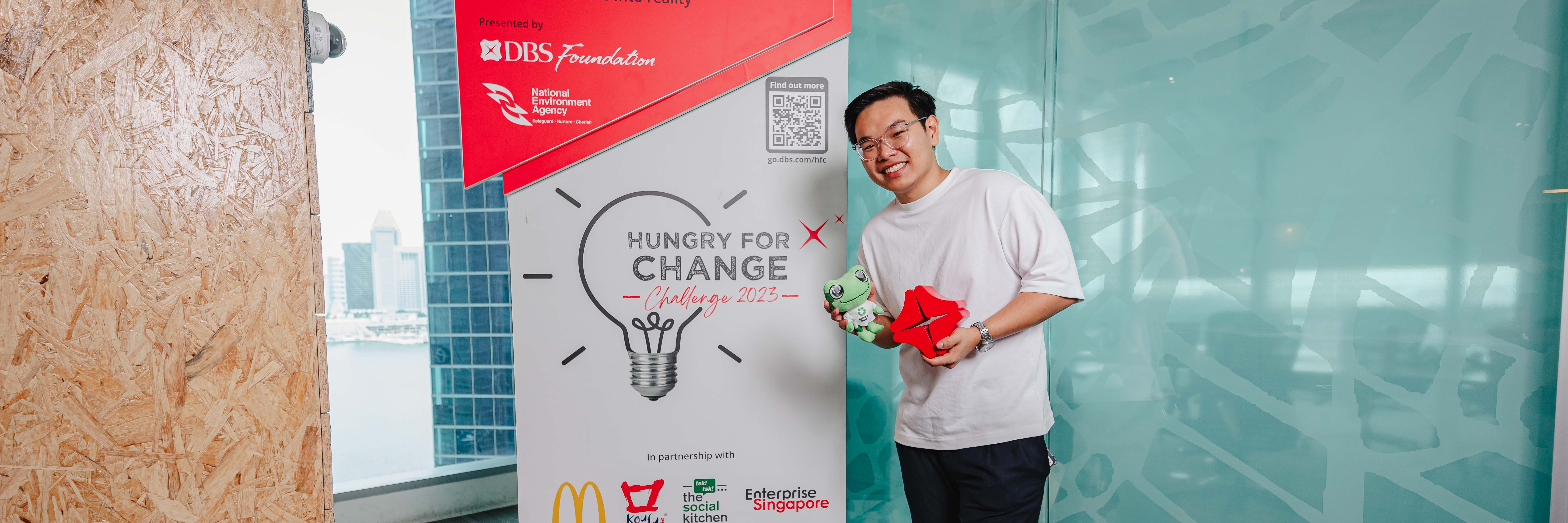
Revital
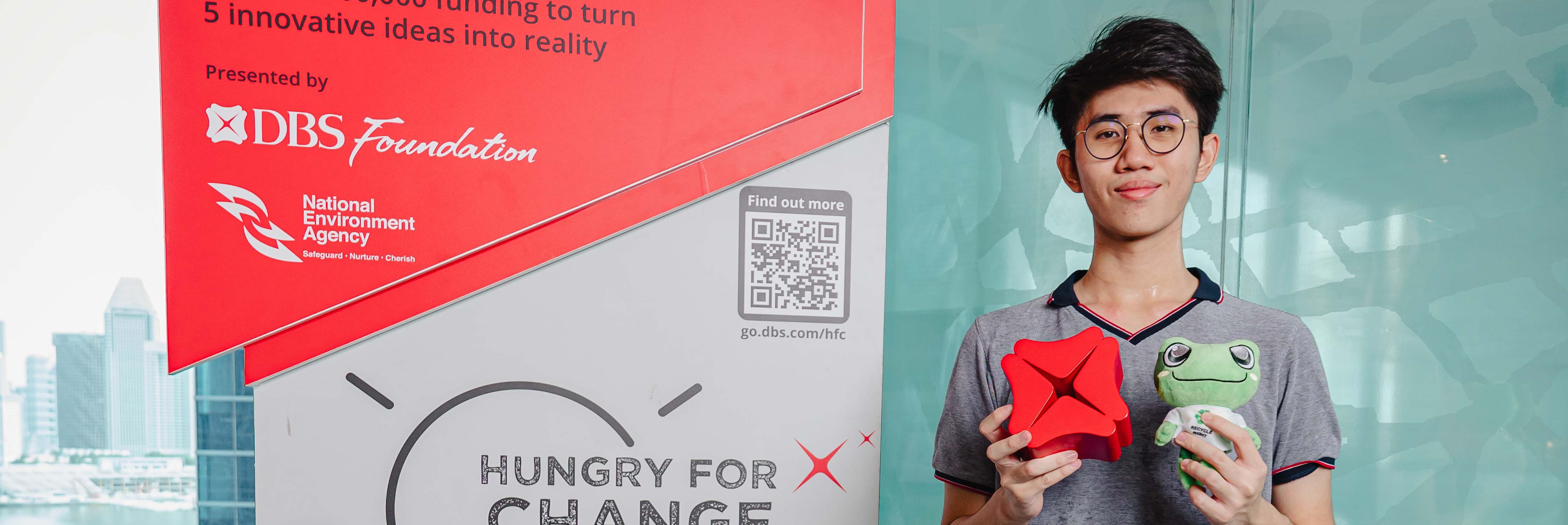
Noshinom
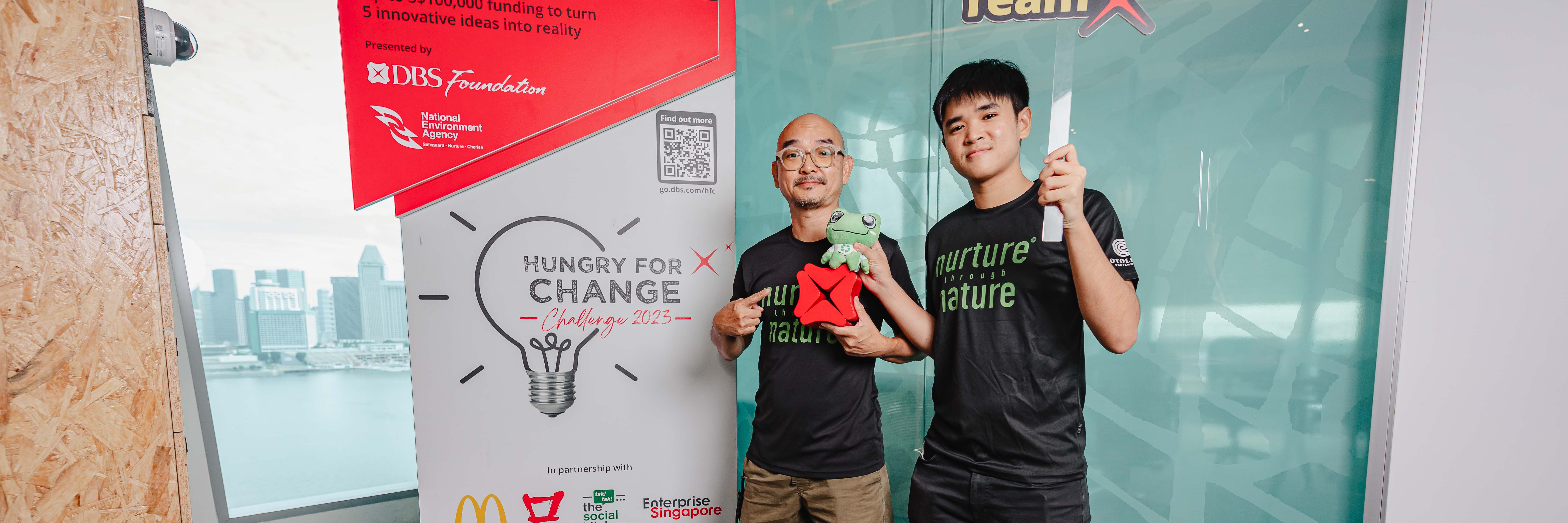
Good Loop
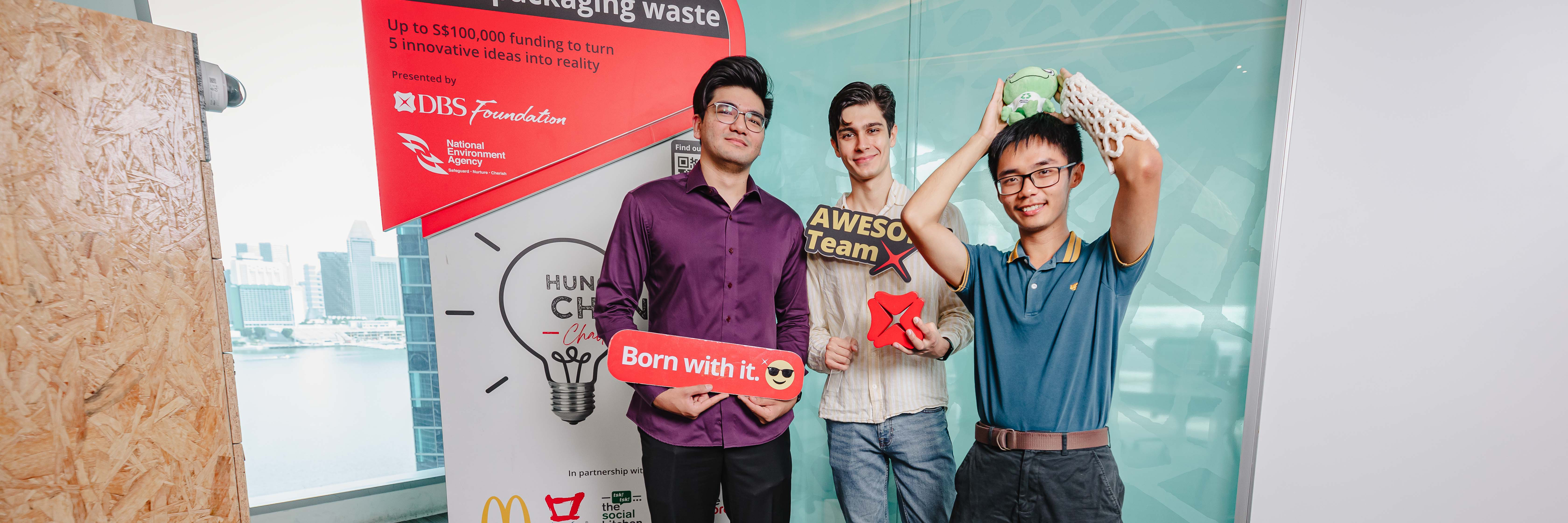
Eco3DP
Information sessions
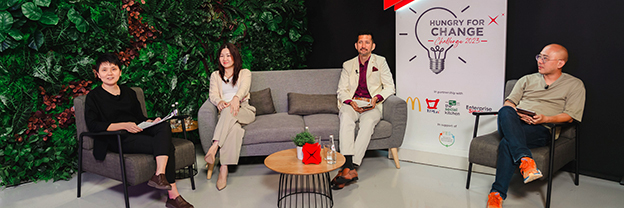




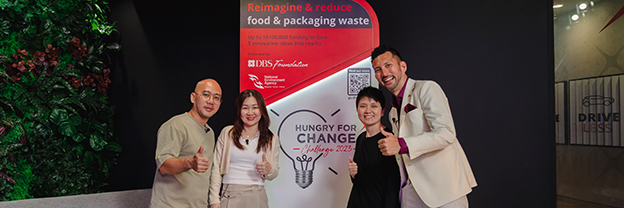
Food Waste Valorisation

Mottainai Food Tech
Mottainai Food Tech
Team from the National University of Singapore (NUS).
Mottainai Food Tech saves commonly discarded okara (sou pulp), a byproduct of soya milk, from manufactures and turns it into minced meat alternative.
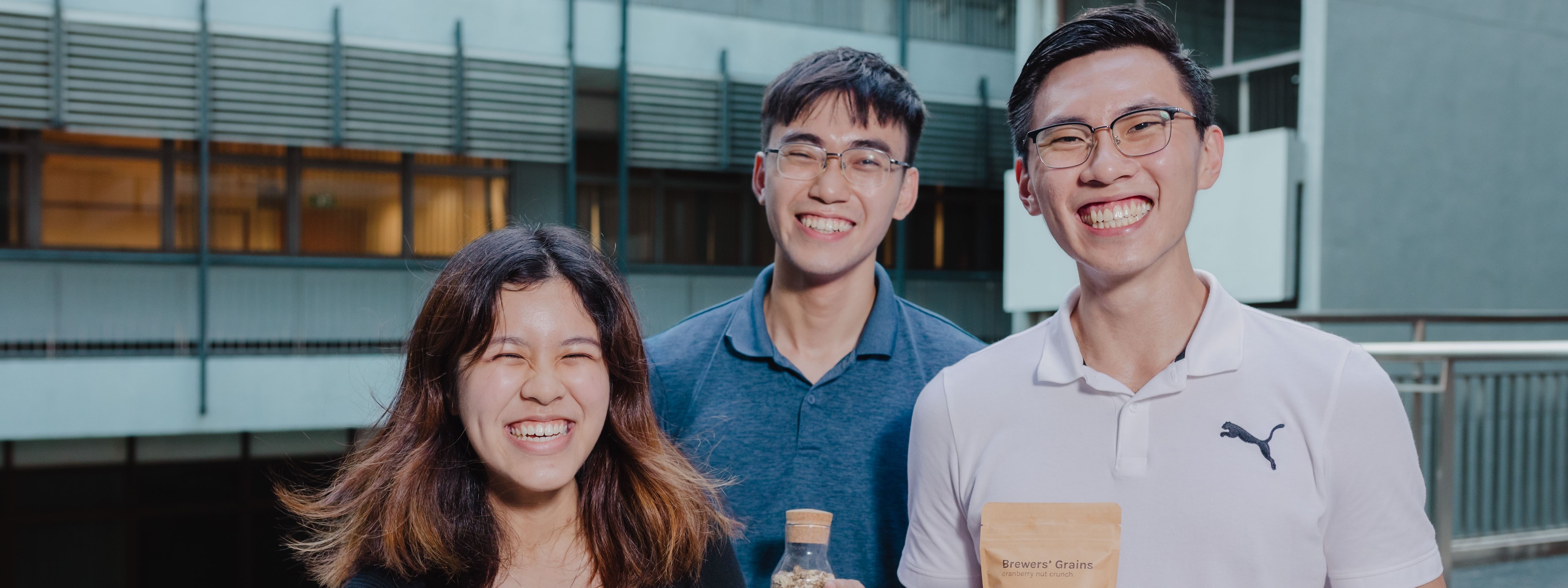
The Moonbeam Co.
The Moonbeam Co.
Team consists of students and alumni from NUS.
The Moonbeam Co collects unserved cooked rice from dining halls to be brewed into beer. The byproduct, brewers’ spent grains, are then upcycled into tasty, nutritious granola.
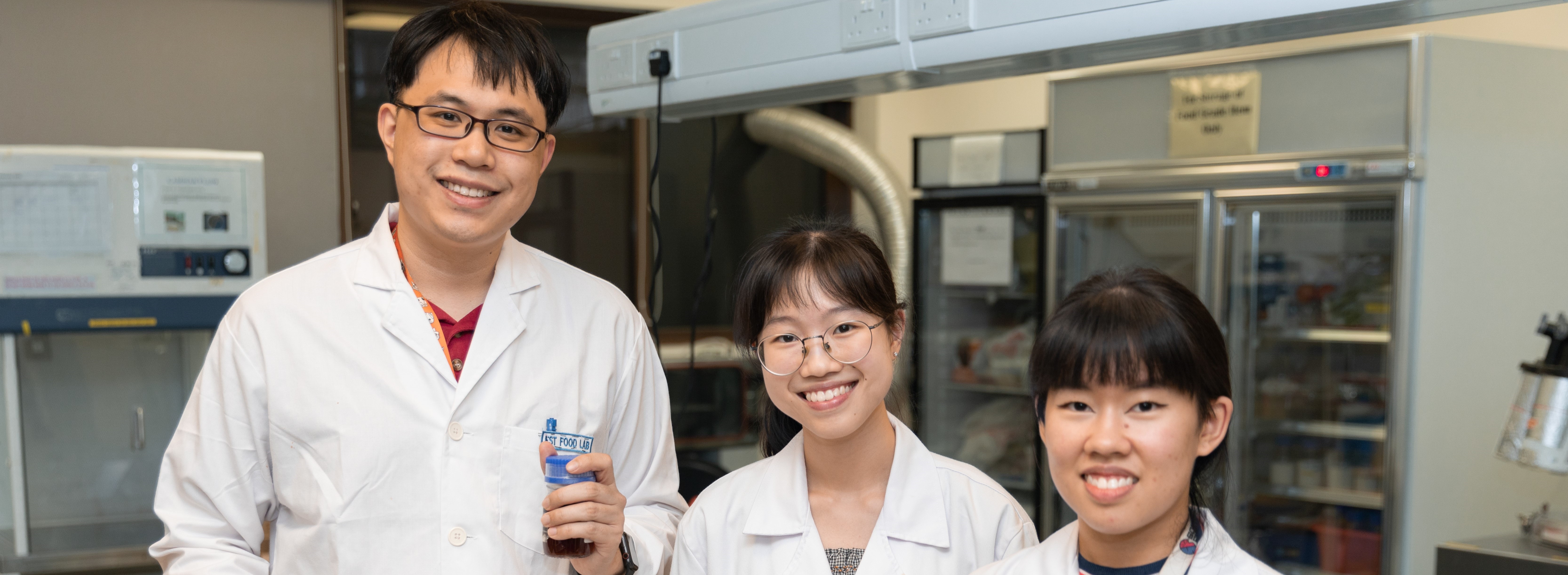
tHEMEat Company
tHEMEat Company
Team consists of students and alumni from NUS.
tHEMEat Company beefs up the taste of plant-based meats by extracting flavours from commonly discarded vegetables in the F&B industry.
Technological Solutions

ChangeX
ChangeX
Team from Nanyang Technological University (NTU).
Powered by artificial intelligence, ChangeX empowers F&B outlets to fully utilise surplus ingredients with its recipe-suggestion feature.
The app then matches such food to customers looking for a bargain.
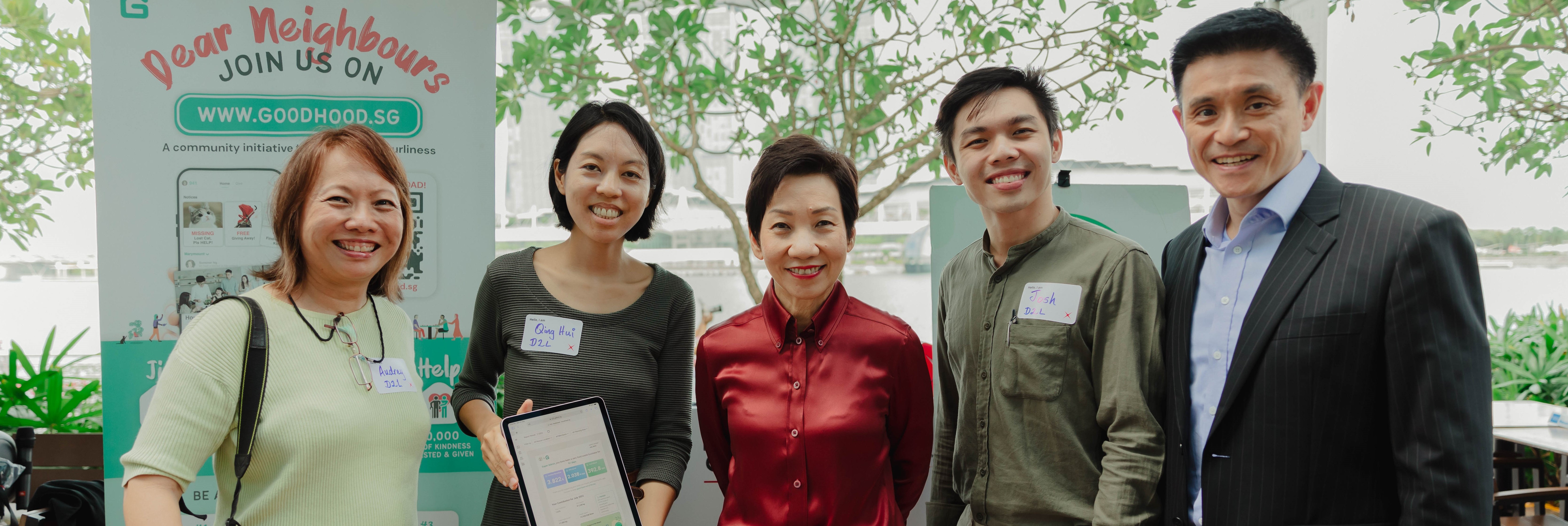
Divert for 2nd Life
Divert for 2nd Life
Team consists of students and alumni from NUS, NTU and University of Oxford.
Divert for 2nd Life rallies a group of food rescuers to redistribute surplus food from F&B businesses to communities across Singapore.
Be part of the discussion

Is Singapore Really a First-World Country? Culture Shock as a Japanese ft. Annette Lee
Trash talk: Ghib Ojisan and Annette Lee explore food and packaging waste in Singapore vs. Japan
YouTuber Ghib Ojisan shares one of his biggest culture shock living as a Japanese in Singapore. Watch as he discusses Singapore vs. Japan’s eating and recycling culture with online personality Annette Lee.

#LifeatTSL: Pickiest Eaters Eat Whatever Eatbook Cooks For A Day
#LifeatTSL: Pickiest Eaters Eat Whatever Eatbook Cooks For A Day
Eatbook producer Chiara Ang has been challenged to cook for the pickiest eaters at The Smart Local office. Can she win their taste buds over with ingredients valorised from food waste?
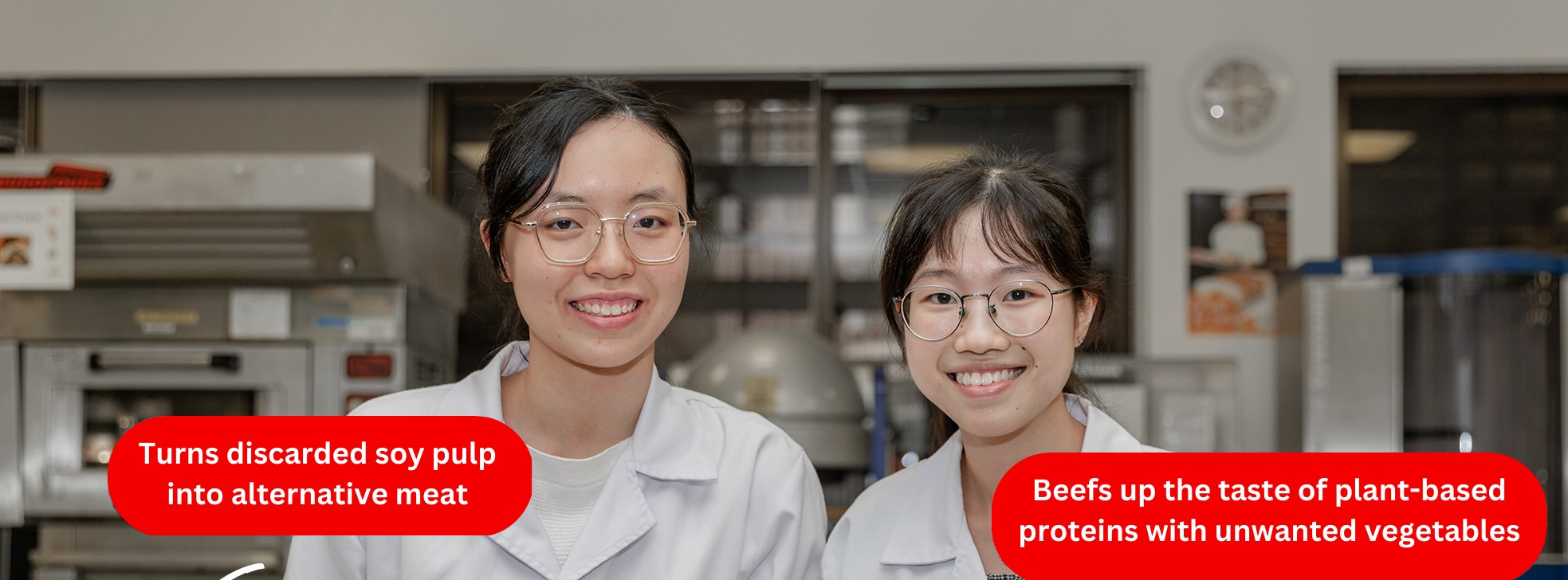
Young, Hungry and Female: Meet the entrepreneurs reinventing Singapore food waste
Young, Hungry and Female: Meet the entrepreneurs reinventing Singapore food waste
Singapore has a food waste issue, and these women have a beef with it. They want to change how Singaporeans eat, one zero-food-waste solution at a time.
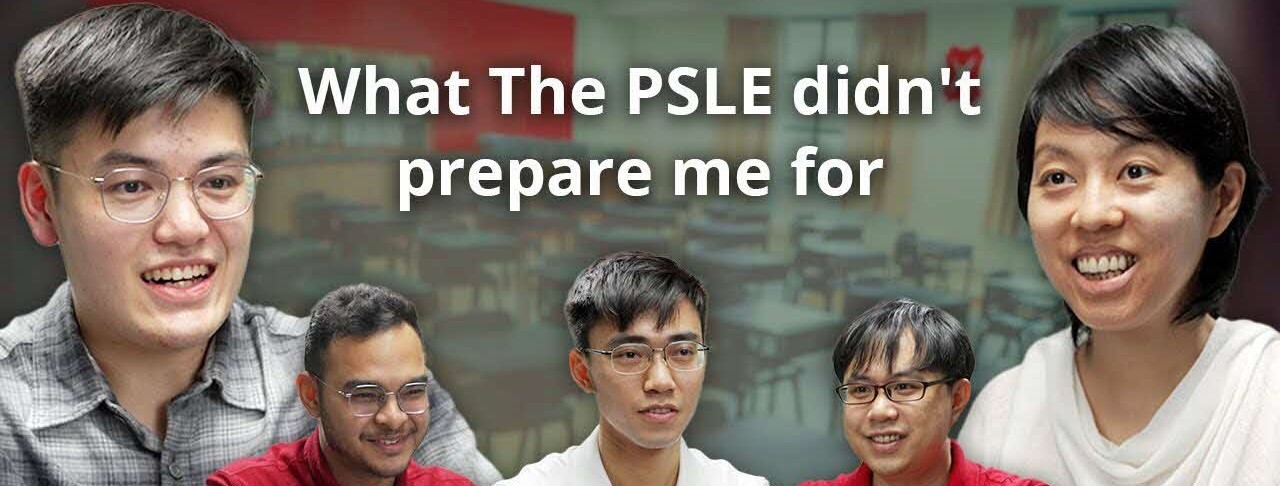
Ace-ing my start-up life: what the PSLE didn’t prepare me for
Ace-ing my start-up life: what the PSLE didn’t prepare me for
There’s only so much books can teach you. Meet the youth entrepreneurs who sought enriching experiences beyond the classroom, launching food-tech start-ups that tackle Singapore's food waste issue.
DBS Group
Useful Links
Awards
World's Best Bank 2025, 2018 - 2022
Euromoney, Global Finance, The Banker
Asia’s Safest Bank, 2009 – 2025
Global Finance
![]()
All online applications are protected with 256-bit SSL encryption
